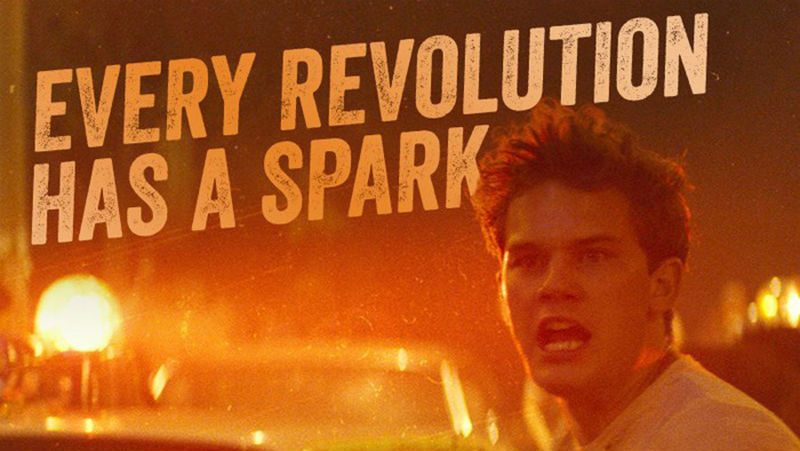A slightly whiter version than the original.
This film has been garnering a lot of attention, and not for good reason.
People are saying it is “whitewashed,” omitting LGBTs of color – especially some of the key players in the actual riots. There is no mention of Sylvia Rivera; the credit of the first brick thrown – which normally belongs to Marsha P. Johnson – suddenly becomes attributed to Danny Winters, a fictitious Caucasian male (played by Jeremy Irvine).
The film was created as a way to tell the story of The Stonewall Inn and the ensuing riots. For the LGBT community, this is a wonderful sentiment.
It can teach the younger LGBTs the history of gay pride, and the significance of Stonewall. For us more “seasoned” LGBTs, it reminds us of our roots and brings our struggles to the public eye.
That being said, it is incredibly important to understand that Stonewall was a hot spot for minority LGBTs, especially the black and Hispanic community. For the majority of the cast to be Caucasian, it is easy to see why people are angry.
Indeed, it is a rather white cast. On the IMDB cast list, the first African-American listed is Otoja Abit, twelfth on the list.
Minority LGBTs are very often secondary characters. Rarely do we see, hear, or read stories with LGBTs of color playing the lead character(s). It can be demeaning and frustrating for minority LGBTs to take a back seat to their Caucasian counterparts. A film such as this rubs more salt into that already raw wound.
To counter that, though, this movie is marked as fictitious. If this movie is only loosely based on the events that took place in late June 1969, can we really resent Roland Emmerich for making his movie his way?
So, where do we stand with Stonewall?
That’s a good question. Ultimately, we most likely will not know until its release in late September. Before we watch it, there are a few things we should consider.
First, this movie is not billed as an historic documentary. Secondly, the riots were started by black and Hispanic LGBTs, with many trans people leading the way.
We need to know our history (especially going into seeing this film), but we also need to remember that fiction can and will change things. If we are truly knowledgeable and respectful of/to our history, if we can understand the depth, gravity, and sacrifices made, if we can honor all of those who stood up, we will do our community a tremendous service.
If we can watch Stonewall, knowing the facts, but appreciating the fiction, we might just find that this film is another step in the right direction for our community. Ultimately, the struggles of the LGBT community are universal for all of us, regardless of skin color.
Stonewall will always be one of the greatest turning points for LGBTs of every color.
